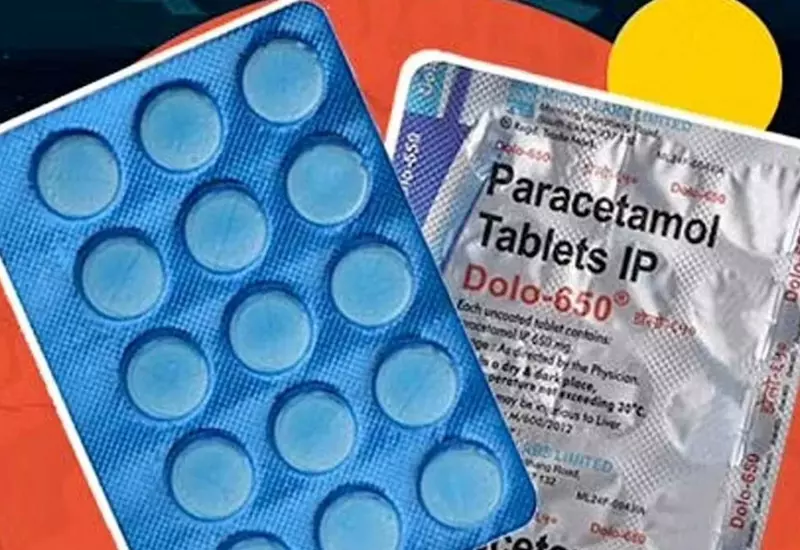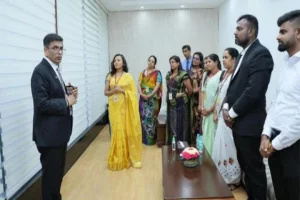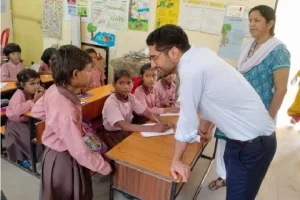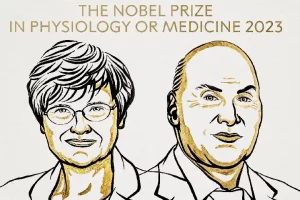The Supreme Court has taken serious note of the allegation that the pharma company manufacturing Dolo-65, a tablet prescribed for fever, has spent over Rs 1000 crore on freebies to doctors to promote the sales of company’s medicines.
A bench of Justices DY Chandrachud and Justice AS Bopanna called it a "serious matter" and asked the Centre to file its response within 10 days.
"This is not music to ears. Even I was asked to have same medicine when I had Covid. This is a serious matter," said Justice DY Chandrachud.
Pharma companies giving incentives to doctors for prescribing their medicines should be held accountable, the petition filed by the Federation of Medical & Sales Representatives Association of India stated.
Appearing for the Federation, senior advocate Sanjay Parikh citing an example, said, "Dolo invested over 1000 crore in freebies to doctors so they would promote the drug."
The statement was based on an allegation made by the Central Board of Direct Taxes (CBDT), after a search and seizure operation on 36 premises of the Bengaluru-based Micro Labs Limited across nine states. The Income Tax Department had said that a tax evasion of Rs 300 crore by the company had been detected in the raids.
The petition in the Supreme Court said such practices not only result in over-use of drugs, it can also jeopardise the health of the patients; such corruption also pushes high-priced or irrational drugs in the market.
The petition said due to the voluntary nature of the existing rules, unethical practices by pharma companies are flourishing and had even surfaced during the Covid pandemic.
The petition asked the top court to ensure that the Uniform Code of Pharmaceutical Marketing Practices be made effective by providing a monitoring mechanism, transparency and accountability.
The Supreme Court has scheduled the next hearing in the case for September 29.




















